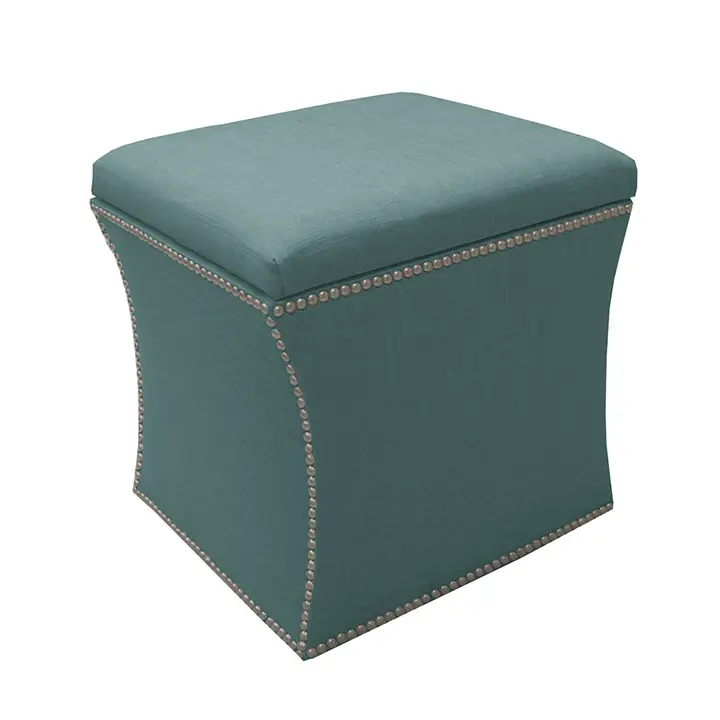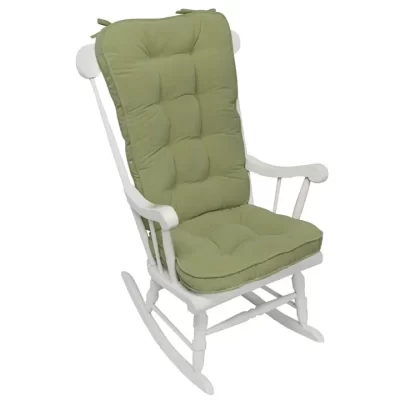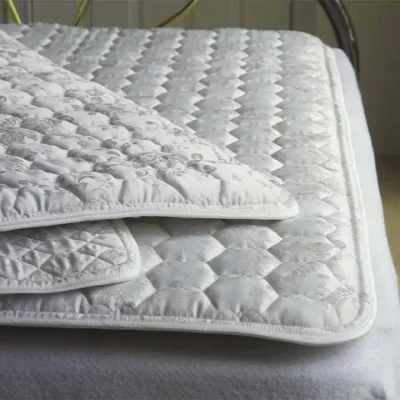Stool
Polyurethane (PU) foam is one of the most versatile and widely used materials in stool manufacturing, particularly for padded seat tops. Renowned for its superior comfort, support, and durability, PU foam is an ideal choice for a wide range of stools, including kitchen stools, bar stools, office stools, workbench seating, and medical or laboratory stools. Its ability to conform to the body provides ergonomic support, reducing pressure on the hips and lower back during extended periods of sitting.
Different types of PU foam can be used depending on the application. High-resilience (HR) foam offers firm support and long-lasting bounce, making it perfect for commercial or frequently used stools. Memory foam variants provide pressure relief and contouring comfort, ideal for ergonomic or medical seating. Reticulated or open-cell PU foam can be used for ventilated or quick-dry stool cushions, especially in outdoor or humid environments.
Description
PU foam is lightweight, flexible, and moldable, allowing manufacturers to design stools in various shapes, sizes, and seat thicknesses, catering to both functional and aesthetic requirements. Its resistance to sagging and compression ensures that the stool cushions maintain their shape and support over years of regular use, providing long-term comfort and reliability.
In addition to comfort and durability, PU foam is cost-effective and easy to work with, making it a preferred material for both residential and commercial seating solutions. Whether for home kitchens, bars, offices, workshops, or healthcare facilities, PU foam stool cushions offer a perfect combination of ergonomic support, resilience, and design versatility.
Recommended Foam Densities for Stools
| Density (lbs/ft³) | Firmness | Ideal Use |
| 1.5 – 1.8 | Soft-medium | Decorative or low-use stools |
| 1.8 – 2.2 | Medium-firm | Bar stools, home seating |
| 2.2 – 2.8+ | Firm | Commercial, medical, heavy use |
Seat Padding: PU foam is used as a cushion layer beneath upholstery materials like leather, vinyl, or fabric, providing comfort and reducing pressure during sitting.
Bar & Counter Stools: High-resilience foam provides firm support and shape retention for tall seating, preventing bottoming-out even with prolonged use.
Industrial & Medical Stools: PU foam is used in ergonomic or adjustable stools for lab, dental, and medical environments, often covered with easy-to-clean antimicrobial vinyl.
Backless Office or Workshop Stools: Medium to firm PU foam enhances comfort for task-oriented seating.
Home Decor Stools (Ottoman-style): PU foam adds softness and height for both seating and footrest functionality.
Comfortable Seating: Adds cushioning and distributes pressure evenly.
Lightweight & Easy to Shape: Ideal for round, square, or custom-shaped stool tops.
Durable & Resilient: High-density PU foam resists sagging and compression.
Cost-Effective: More affordable than latex or gel inserts.
Customizable Density: Available in soft, medium, or firm grades to match usage type.
- PU foam is typically covered with:
- Vinyl or PU leather for water resistance and easy cleaning.
- Fabric for style and comfort in home settings.
- Anti-microbial coverings for medical or hygienic environments.
CertiPUR-US® certified foam ensures low VOCs and no harmful chemicals.
Fire retardancy standards (e.g., CA TB117 or BS 5852) may apply in commercial or regulated environments.






